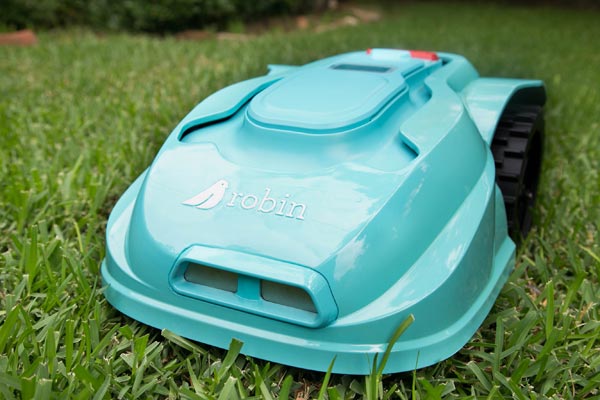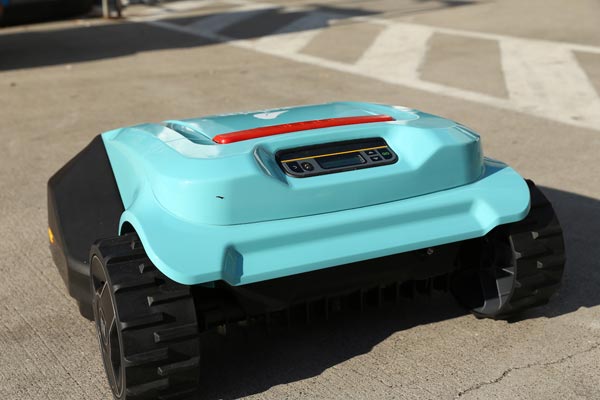A properly maintained lawn is among the common mixed blessings a homeowner can either afflict or treat himself or herself with. Robin is a startup that looks forward to take in pain from this. It has advanced the hiring technique and also the way you pay for yard care. In the near future, you could put a robot to handle the task.
Justin Crandall, Robin’s co-founder, stated that the company was trying to locate the lawn care firms that are reliable and require one to pay either through cash or checks. Since they are the 21st century tech guys, it can be difficult to believe that there is a business worth 70 billion that want to operate similar to how it did three decades ago.
It is not so difficult to see why a lawn business tends to be small with a handful of people and a truck. Most of the time, it serves a neighborhood or just one city. However, growth of such a business can be high risk, costly and result to low margins that expose you to a lot of trouble.
Robin’s approach
It is certain that the intention of Robin is not to take over with expensive edgers or square readers in the trucks. As an alternative, it’s focusing on forming relationships with the already existing businesses, regardless of their sizes since its aim is to connect them with individuals who desire a modest online transaction.

There is no complexity in on boarding, all you need to do is incorporate your address, then a quote gets generated automatically from the property’s records database. From this, Robin will approximate the size of the lawn. You are required to pick the start date, recurring times and extras such as weeding or edging, then you can check out. There, you are done. There are no call backs, no on-site visits or wrangling as the payment method works even when you aren’t around, like the doormat check that is inevitable.
Crandall noted that it is crucial to try making the entire process frictionless. If at all people are in the signup mood, you should take advantage of the situation. For other types of e-commerce, a 30-minutes delay or not responding for a day or two could cause loss of a sale.
Benefits for both sides
Robin is mainly optimizing job management and routes, while also creating job opportunities to their working team. Moving several miles around the town, few times in a day, tends to consume both resources and time. Being a clearing house, it has managed to create jobs. Also scheduling and routing can be advanced so that everyone benefits.
There exists reliable teams which have the capacity to get jobs done efficiently and effectively, thus ensuring that the more the jobs they get done, the more they earn. Competition in lawn care exists, though not excessively. Some aim at multi-property owners or even real estates. However, lawn care is considered more of a recurrent need than an impulsive yearning.
Robin can as well work with the small providers, who work for less but experience distress filling their week with work. According to Crandall, this gives them a considerable price advantage over the competitors, probably a cut of 10 dollars. On the side of the consumer, the savings add up quite fast and on the service provider’s side, extra work adds up quickly.
The Germinator

If the subsequent strategy of Robin pays off, there is no doubt you will obtain a newly mowed lawn regularly without any human involvement. The technology in question is not new, just happens to be one of those situations where something has caught everywhere but not in the states.
In Europe, they are considered standard as the technology is proven. However, its installation process is rather complicated and it’s also pricy. Robin comes in to help people in terms of affordability. This is through its strategy of directly contacting the manufacturers of the branded mowers and buying them at a wholesale. They then outlay them to the customers where they’ll install, then lease the mowers at a cheaper price compared to that of a weekly lawn mowing service.
Husqvarna and Robomow mower makers have particularly seen this as a huge opportunity to venture into the U.S. market that has opposed this tech for many years and now they are enthusiastic to take a deal.
Conclusion
Robin’s major threat is growth. What they need is to do a good research on contractors in different regions and convince them adequately. However, it will require more capital for the robotic mowing program given the company is breaking even.






No Comments so far
Jump into a conversationNo Comments Yet!
You can be the one to start a conversation.